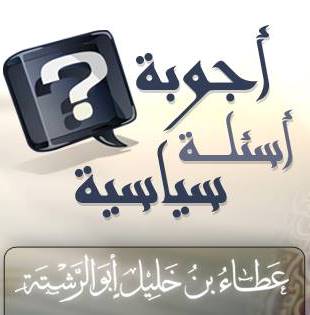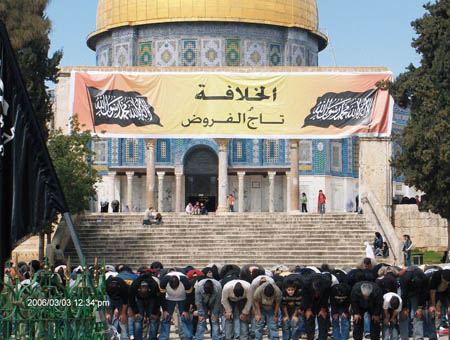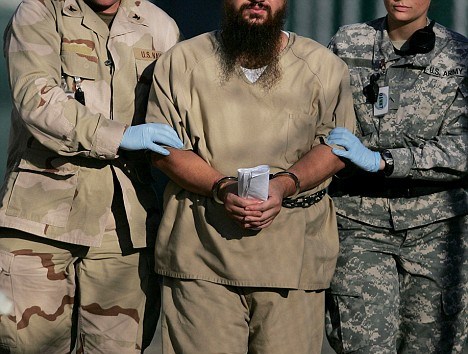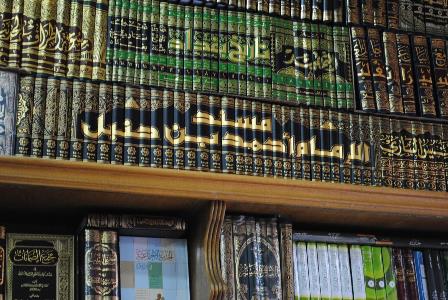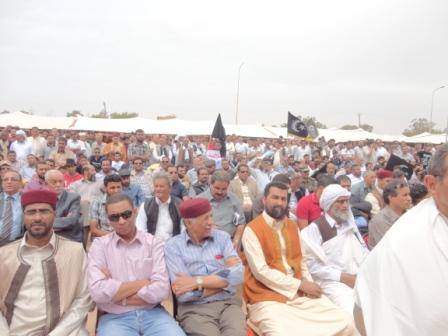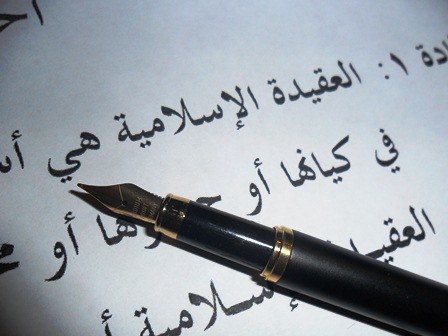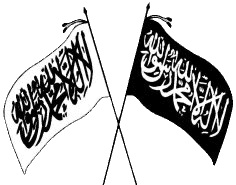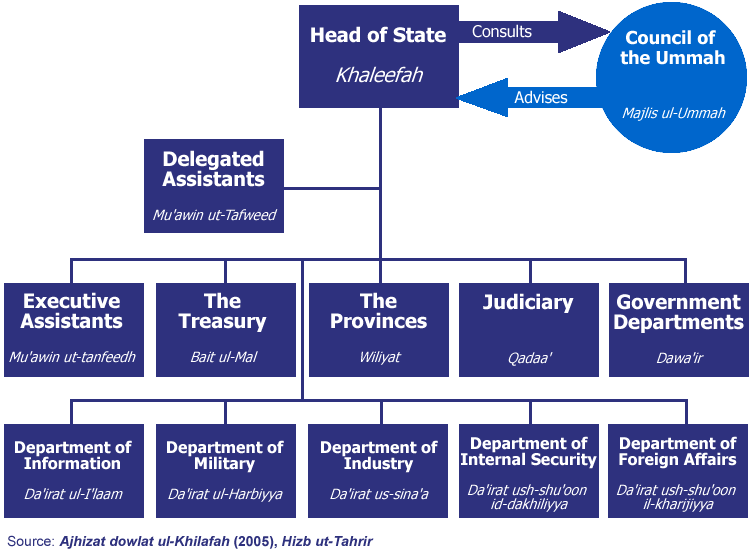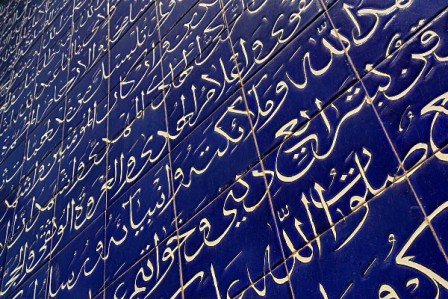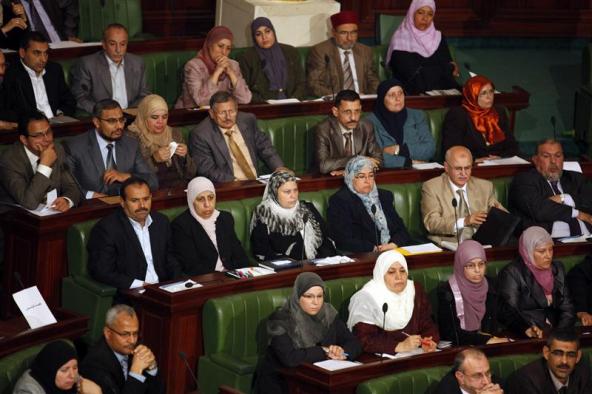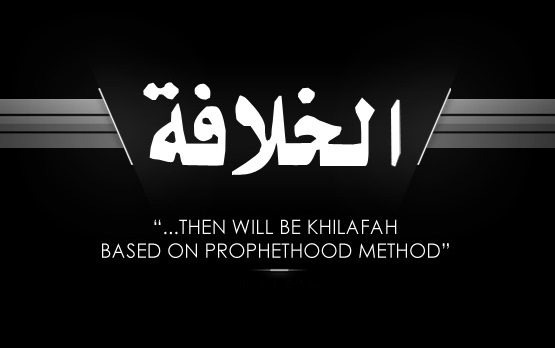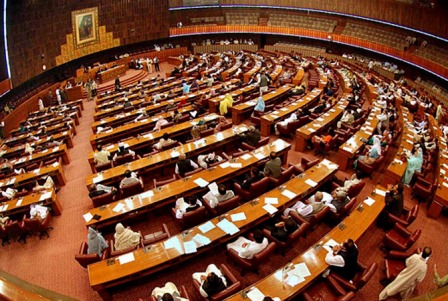Ebola: Unlike Capitalism a Future Khilafah won’t prioritise profit over lives

The outbreak of the deadly Ebola virus in West Africa that has killed over 10,000 people so far has only become an issue of concern since reports of individuals from the West have become infected with the disease. Even then the response by the international community has been far from optimum with UN officials reporting that a $1 billion appeal to fight Ebola has only been 25% funded [1]. Stephen Hall, a CEO of a pharmaceutical company explains why, “Traditional investors have not been enthusiastic about funding the development of a vaccine that, until now, has been a third-world problem,” He adds, “Even now that Ebola has entered other countries, the traditional investor has still not shown much interest. They are just driven too much by economic considerations. [2]” The neglect of research due the lack of financial incentives into the Ebola virus for almost 40 years is indicative of the priorities of the pharmaceutical industry, placing profits before ethics.


